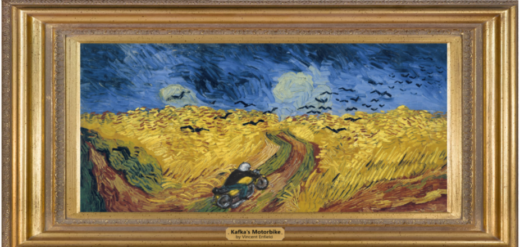
In Chapter Two (Yours is no Disgrace), Andy introduces the newly-arrived Eddie to the concept of Illith:
‘I guess it’s kinda like the frustration a doctor feels with patients that refuse to pack in the fags, booze, or whatever else it is that makes them ill. In the same manner, I’m just desperate to persuade our sick society to address bad habits, like chronic wealth abuse; although I don’t even know why we call it wealth, as it doesn’t reflect well-being at all, “illth” might be a better term for someone to use.’
The term was coined by John Ruskin, the foremost art critic of the Victorian era. A man with a clear view of what constituted wealth:
“There is no wealth but life. Life, including all its powers of love, of joy, and of admiration. That country is the richest which nourishes the greatest number of noble and happy human beings; that man is richest who, having perfected the functions of his own life to the utmost, has also the widest helpful influence, both personal, and by means of his possessions, over the lives of others.”
So what did Ruskin think of the ill-used and unused abundance that is so evident everywhere?
“Many of the persons commonly considered wealthy are in reality no more wealthy than the locks of their own strong boxes are; they are inherently and eternally incapable of wealth; and operating for the nation, in an economical point of view, either as pools of dead water, . . . or else, as dams in a river, of which the ultimate service depends not on the dam, but the miller; or else, as mere accidental stays and impediments, acting not as wealth, but (for we ought to have a correspondent term) as “illth,” causing various devastation and trouble around them in all directions; or lastly, act not at all, but are merely animated conditions of delay. . . . “
https://archive.org/details/untothislast00rusk/page/96/mode/2up?view=theater
